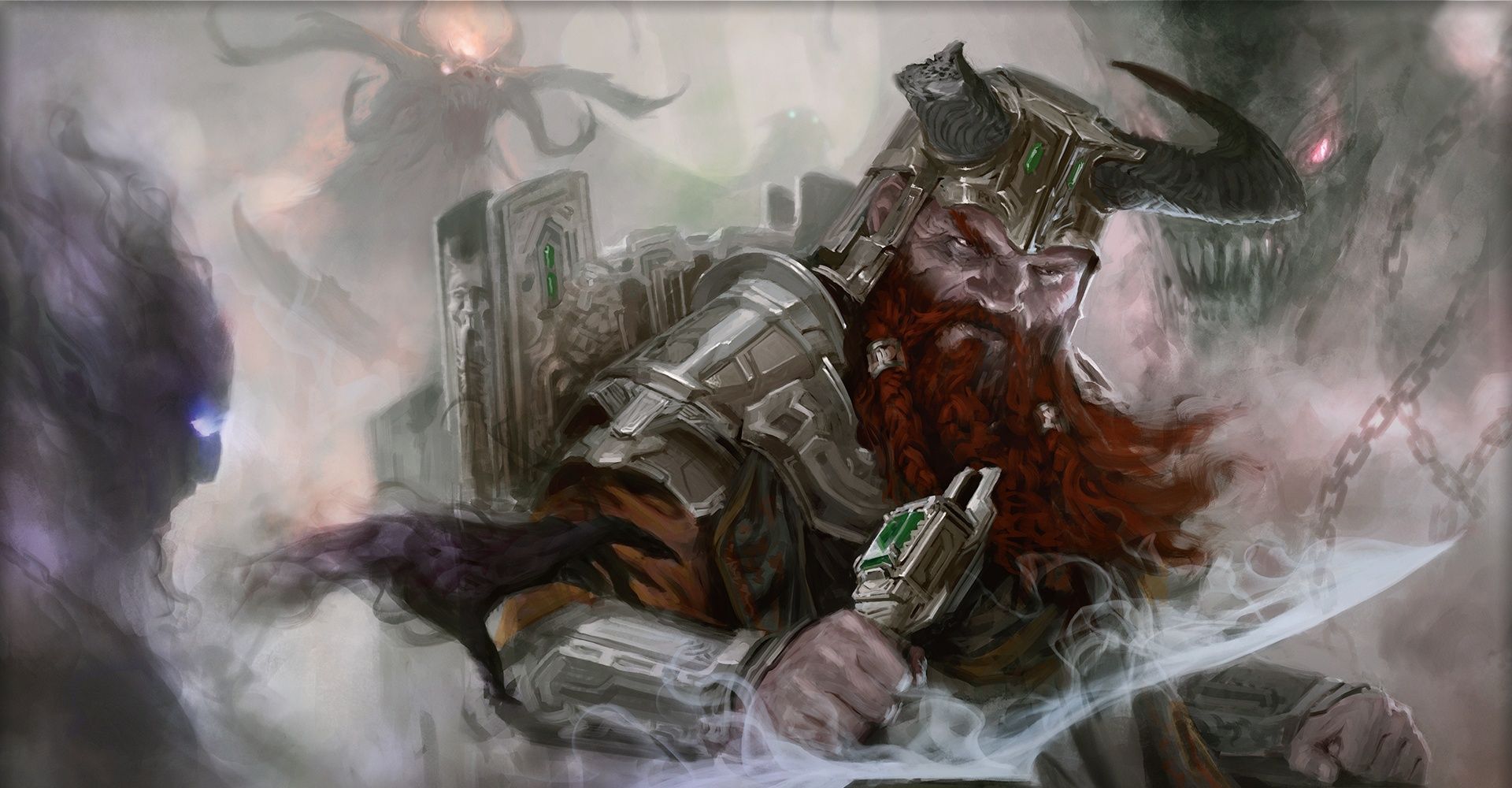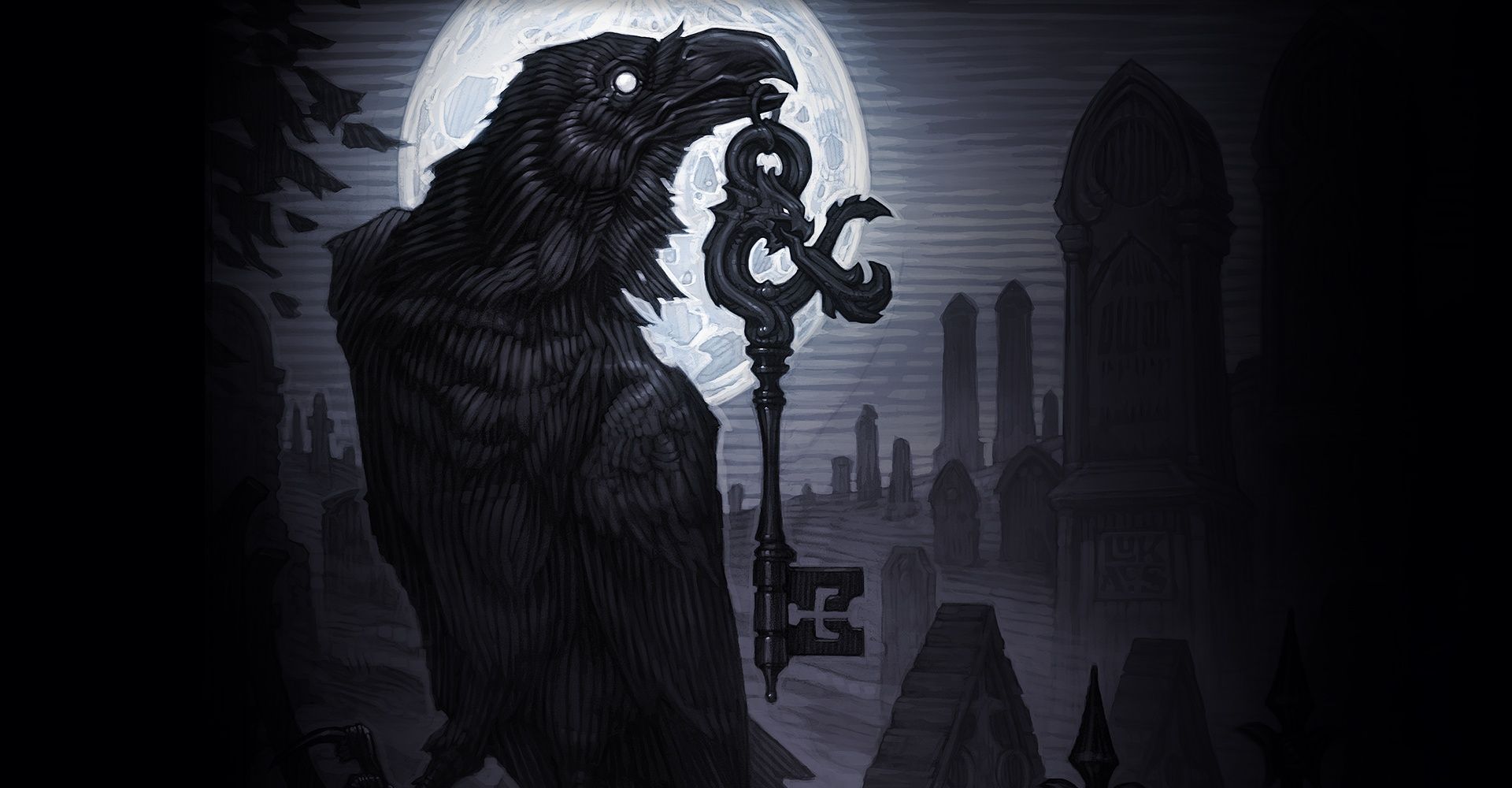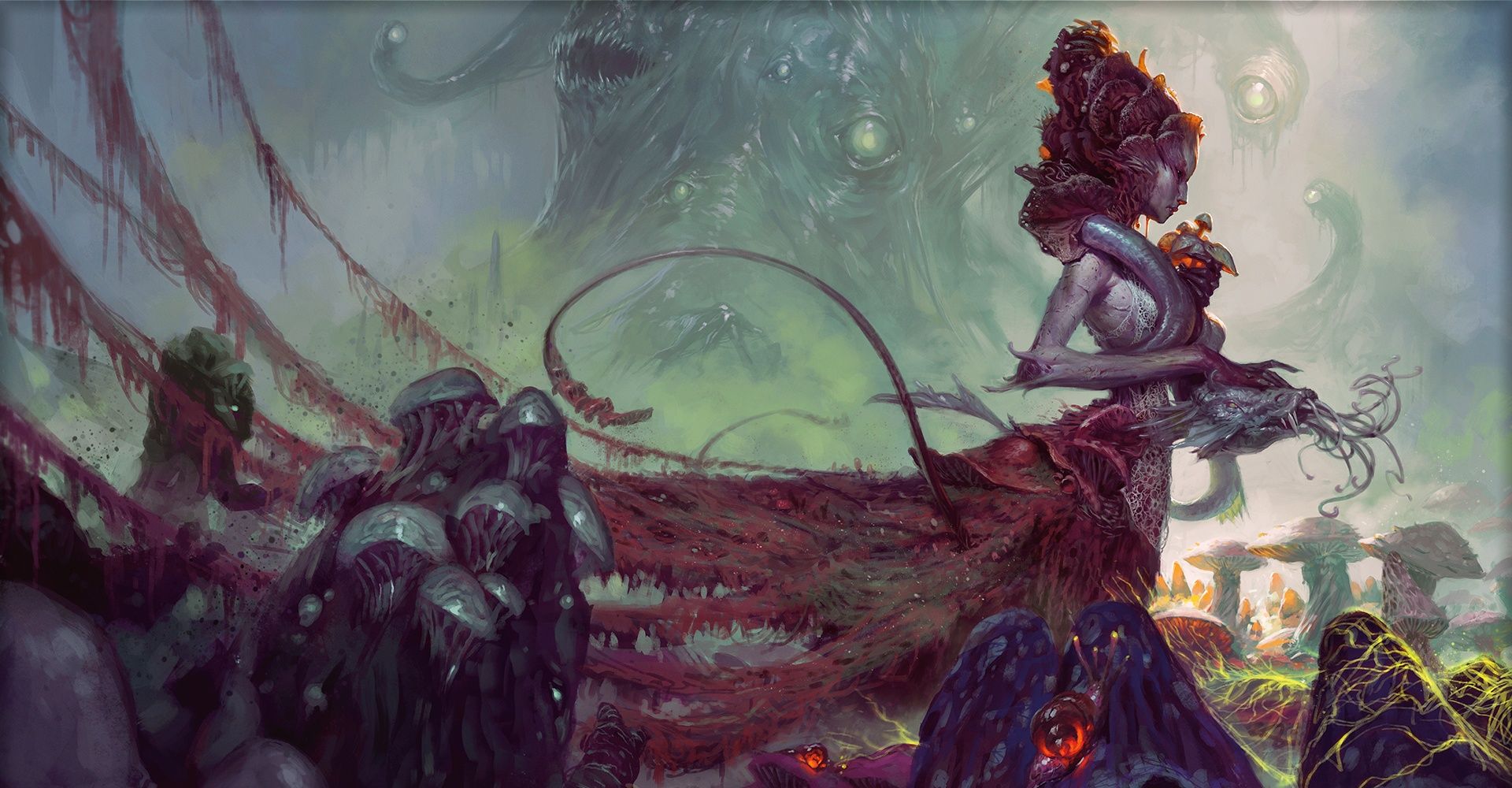Guarded by their allies, Cleric’s are the backbone of any Dungeons and Dragons group. Without the holy powers of the Cleric, a party would have to sooner run from danger rather than confront it. They are masters of healing powers and protective enhancements. Though they are best known for their ability to heal and buff, certain Cleric domains allow for a more offensive playstyle if that’s more your taste.
Depending on how your DM likes to play things out, you could be their near-guarantee that their next challenging boss fight won't wipe the party or you could be the only answer to kill-hungry DMs.
10 Bless
(via: Wizards of the Coast)
The baseline of party buffs. This seemingly insignificant d4 can mean the difference between a hit or a miss, a save or a fail, life or death! For only a single first level spell slot, you can bless up to three creatures to roll an additional d4 on an attack roll or save roll fo their choice. At higher levels, Bless can be applied to an additional creature per spell lot consumed above first. That means, cast at ninth level, you can bless up to a maximum of eleven allies!
9 Healing Words
(via: Wizards of the Coast)
Unlike Healing Touch, Healing Words does not require you to physically touch a creature to heal them. This means you do not need to put yourself in harm’s way to save them. But that is just one reason why Healing Words is so great. It is also simply a great heal. For a first level spell slot, you can heal a creature for 1d4 plus your spellcasting modifier (which, in a Cleric’s case would be Wisdom). Like Bless, casting Healing Words at a higher level only makes it better. For every level above first, you use an additional d4 to the heal.
8 Sacred Flame
(via: Wizards of the Coast)
Sacred Flame is one of the few attacks most Clerics will take but the quality of this one, in particular, makes up for the lack of quantity. Typically, you'll use this as supplemental damage to your party's or as a finisher for a low health enemy. The spell, at its simplest form, ignores physical cover and does 1d8 radiant damage to a single target. The damage of the spell increases as you level up and, perhaps the best feature, Sacred Flame is a cantrip. So, cast away.
7 Spirit Guardians
(via: Wizards of the Coast)
When the party’s tank is really taking a beating and circumstances are looking dire, Spirit Guardians can be used in a pinch. Casting this spell you summon otherworldly beings to create a barrier for your allies. Enemies that enter the barrier or start their turn within it are forced to take radiant damage.
This can be used to take down hordes of relentless undead or used to make smarter enemies think twice before coming near you. It also excels at giving your party a space to take a few turns rest, healing your wounds or buffing each other without fear of taking damage.
6 Guiding Bolt
(via: Wizards of the Coast)
Guiding Bolt is a two-in-one spell. At the first level, this spell does a decent amount of radiant damage. That alone would be a decent spell to take. In addition to this, the next attack made against the target has an advantage.
As Cleric you have great utility and that should be your primary focus. But when you need to make sure the next swing of your barbarian lands or the next arrow from your ranger flies true, you can make sure of it with supplemental damage from Guiding Bolt.
5 Find Traps
(via: Wizards of the Coast)
Likely the worst of these spells, Find Traps does almost exactly what its name entails. Casting it will alert you that a trap is nearby but not its precise location and not its type. When exploring through dungeons or the Underdark inhabited by intelligent beings, this spell seems like a saving grace. However, using this spell would be spending a level two spell slot for something you could do for free and with better results by simply doing a perception check.
4 Blindness/Deafness
(via: Wizards of the Coast)
An enemy debuff, but not the greatest. The spell is self-explanatory, it allows you to blind or deafen a creature. This seems like it would be useful in combat and it could. The fault comes in the spell’s ease of being shrugged off and rendered useless. On cast, the target can make a save to ignore the effects of the spell. The target also gets an opportunity every turn to resist the effects. In most cases, you are better off buffing your party members with certainty rather than taking a chance on temporarily neutralizing one enemy.
3 Ray of Enfeeblement
(via: Wizards of the Coast)
This spell is only available to Cleric’s who choose the Death or Grave Domain, though still should be included on this list. This spell allows you to physically weaken a creature, making their strength attacks less potent. In Dungeons and Dragons, this spell suffers from negatives similar to Blindness/Deafness. The target is able to make a save at the end of each of its turns to resist the minor effects. Specifically, the target will make a Constitution save and it is not unusual for a being with a high Strength score to also have a high Constitution score.
2 Speak with Dead
(via: Wizards of the Coast)
At first reading of Speak with Dead, it sounds like an incredibly useful spell to use when your party stumbles across a pillaged town too late and needs to extract information from a corpse. The spell is strict on its limitations including that answers given from the targeted corpse are, “brief, cryptic, or repetitive,” (from D&D Beyond) meaning it will be up to you and your party to decipher any answers. The spell is incredibly situational and will cost you a third level slot.
1 Legend Lore
(via: Wizards of the Coast)
Like, Speak with the Dead, Legend Lore is another situational information gathering spell with little benefit. In order to use the spell, you must name a person, place, or thing of legendary importance. If the thing you are trying to learn about bears no legends in your world, the spell is useless. When the spell succeeds, however, the new information you can learn is presented to you in a metaphorical, riddle-like manner. This leaves you to interpret the new information for yourself. History checks and questioning of relevant NPCs is a far more reliable way to get information and it will not cost you fifth level spell slot.














